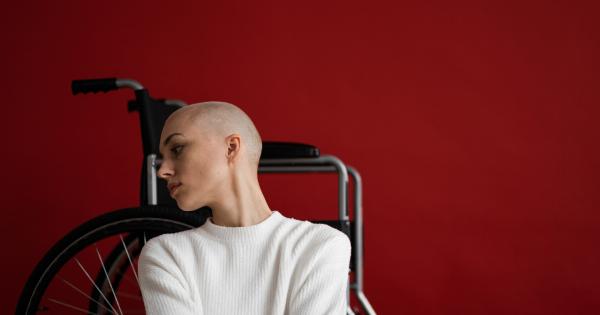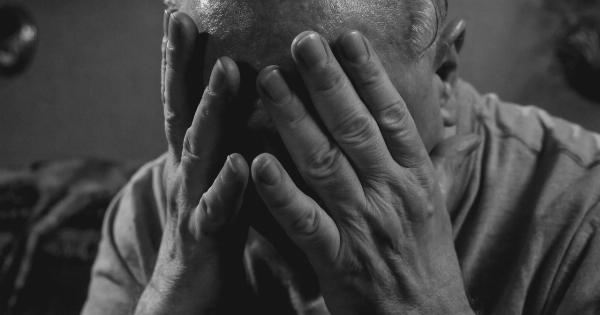Sexual issues can affect individuals of all ages, but middle-aged individuals may face unique challenges related to sexual health. Changes in hormones, physical health, and life circumstances can all impact sexual function and satisfaction.
However, there are solutions available to address these issues and improve sexual well-being. In this article, we will explore some common sexual issues faced by middle-aged individuals and the solutions that may help.
Menopause and Hormonal Changes
Menopause is a natural transition that occurs in women typically around the age of 50.
This transition is characterized by a significant decrease in estrogen levels, which can cause a range of symptoms, including hot flashes, night sweats, and vaginal dryness. These symptoms can also impact sexual function and enjoyment. Vaginal dryness, in particular, can lead to discomfort during intercourse.
There are a variety of treatments available to address these symptoms, including hormone replacement therapy, lubricants, and vaginal estrogen.
Hormone replacement therapy involves taking medications that replace the hormones no longer produced by the body. Lubricants can be applied during sexual activity to reduce discomfort, while vaginal estrogen can help improve vaginal moisture and elasticity.
Erectile Dysfunction
Erectile dysfunction (ED) is a common issue among middle-aged men and can be caused by a range of physical and psychological factors. ED can damage self-esteem and lead to anxiety around sexual activity, which can exacerbate the problem.
There are several medical treatments available for ED, such as oral medications, like sildenafil (Viagra), tadalafil (Cialis), and vardenafil (Levitra). Other treatments may include injections, vacuum devices, or penile implants.
Psychological counseling may also be helpful for men struggling with ED, particularly if the issue is caused by underlying body image or relationship issues.
Low Libido
A decrease in sex drive is a common issue faced by both men and women as they age. Low libido can be caused by a variety of factors, including stress, medications, hormonal imbalances, and relationship issues.
Lifestyle changes that promote overall health and wellbeing can also help boost libido, such as a healthy diet, exercise, and stress reduction practices.
Additionally, over-the-counter supplements like maca root, ginseng, and Tribulus terrestris have been shown to increase libido in some people.
Painful Intercourse
Painful intercourse can be caused by a variety of physical factors, such as vaginal dryness, infection, and inflammation. It can also be caused by psychological factors like anxiety, low self-esteem, and relationship issues.
T reatments for painful intercourse may include vaginal moisturizers, lubricants, or medications. Therapy may also be helpful, particularly if an underlying psychological issue is contributing to the problem.
Conclusion
Although sexual issues can be challenging to cope with, there are a variety of treatments available that can help.
By talking openly with your partner and healthcare provider, you can address these issues head-on and find effective solutions to restore sexual health and satisfaction.






























